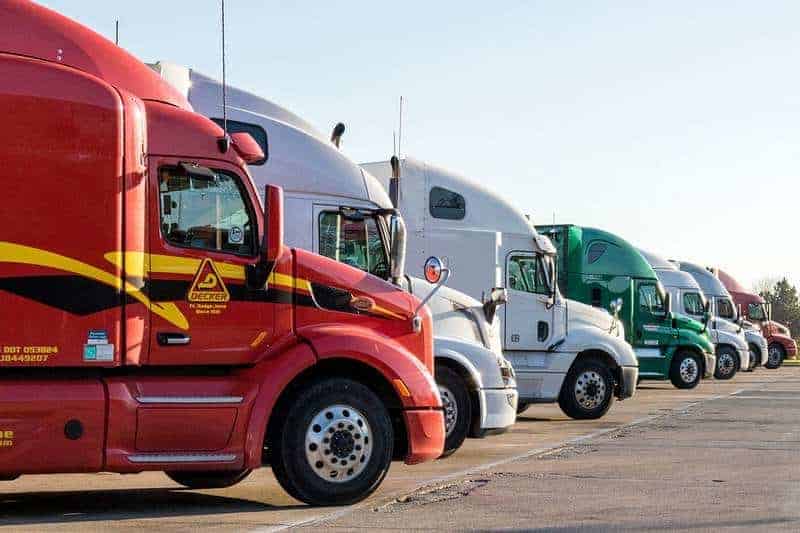When many of us think of the freighting industry, tech is generally the last thing on our minds. After all, the basic mechanics of this industry seem incredibly simple: vehicles transport cargo from one location to another. However, as is the case with virtually every other industry under the sun, freighting has significantly benefitted from evolving technology. In recent years, new tech has come to revolutionize the way deliveries are made and how fleets are managed. As such, anyone interested in joining the freighting industry in the digital age should familiarize themselves with the next breakthroughs.

Increased Driver Safety
In decades past, drivers who found themselves stranded or injured while on the road often had a hard time receiving timely assistance. For one thing, the lines of communication between drivers and their respective home offices weren’t always functional in remote areas. This meant that if a driver suffered a medical emergency, incurred an injury or experienced vehicle problems while driving through the middle of nowhere; their help options were minimal. Fortunately, with the advent of advanced fleet tracking software, getting drivers, the assistance they require promptly is easy for many freighting companies. Even if a driver is unable to ascertain his or her exact location, the software as mentioned above will be able to provide their employer with all the info they need to send help.
Enhanced Driver Efficiency
Many freighting companies live or die by their reputation. If a company has a proven track record of making deliveries on schedule, they’re likely to attract plenty of business. On the flip side, if a company is habitually late with their shipments, they’re liable to have trouble attracting new clients and hanging on to existing ones. There are many reasons for which drivers miss delivery windows, some of which are entirely out of their control. For example, hazardous weather, unsafe road conditions and unforeseen vehicle breakdowns are all highly conducive to late deliveries. Unsurprisingly, clients are less likely to forgive late deliveries that stem from drivers not knowing certain roads or becoming lost.
This is another area in which advanced fleet management software can come in handy. Since the home office can monitor vehicle locations at all times, they can keep an eye on routes, weather reports and road conditions and provide drivers with a bevvy of helpful tips for avoiding potential delays. This ultimately ensures that drivers will be able to make the possible use of their time and consistently meet delivery windows.
Fewer Lost Drivers
In the old days, many drivers relied on roadmaps or directions printed up by their home office. While traditional maps can still prove useful, they generally don’t hold a candle to GPS technology. In addition to providing drivers with accurate routes to their destinations, certain types of GPS software are updated in real-time. This means that if a driver misses a turn or deviates from their course in any other manner, their directions are automatically amended to reflect this new development. Such convenience is a far cry from the days where missing a quick turn could make a map useless.
Safer Cargo
Technological advancements in the freighting industry don’t end at driver safety – they also pertain to the wellbeing of cargo. Depending on the type of cargo being transported, both drivers and freighting companies may be expected to meet certain travel conditions. For example, special care often needs to be taken when carrying heavy-duty industrial tools, computer equipment and machine components. Such cargo is particularly weak against jostling and shocks. As such, many freighting companies have come to embrace the shock recorder. As the name suggests, this handy tool records any shocks a piece of cargo has endured while en route to its destination and provides both freighting companies and clients with an accurate accounting of any damage that’s been incurred.

To people who don’t work in freighting, it’s easy to assume that the industry has remained mostly unaffected by emerging technology. The core goal of freighting companies is still transporting cargo from Point A to Point B. However, unbeknownst to most people outside of the industry, embracing new technology has benefited freighting in many ways.

